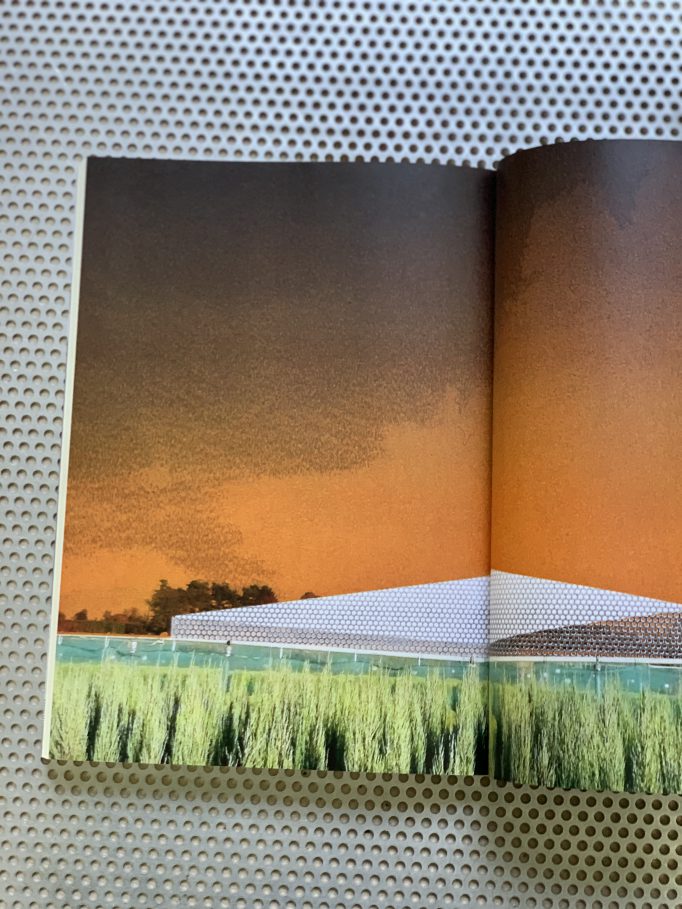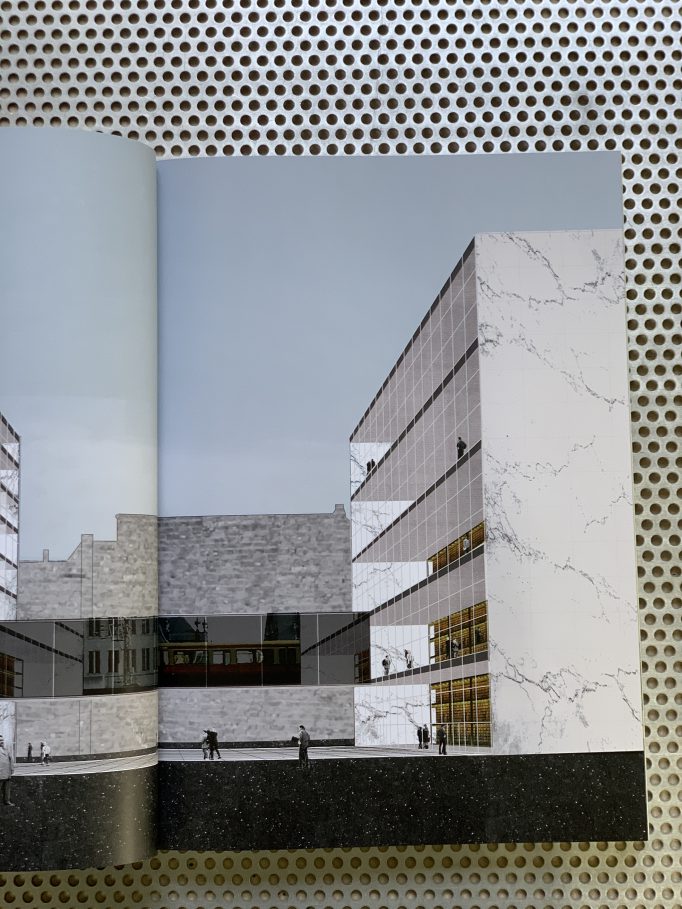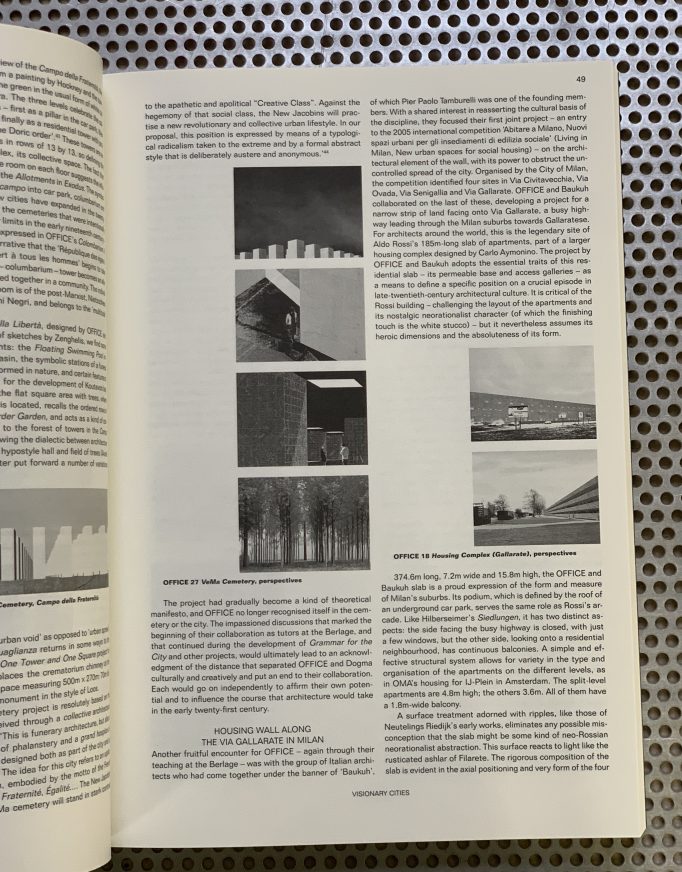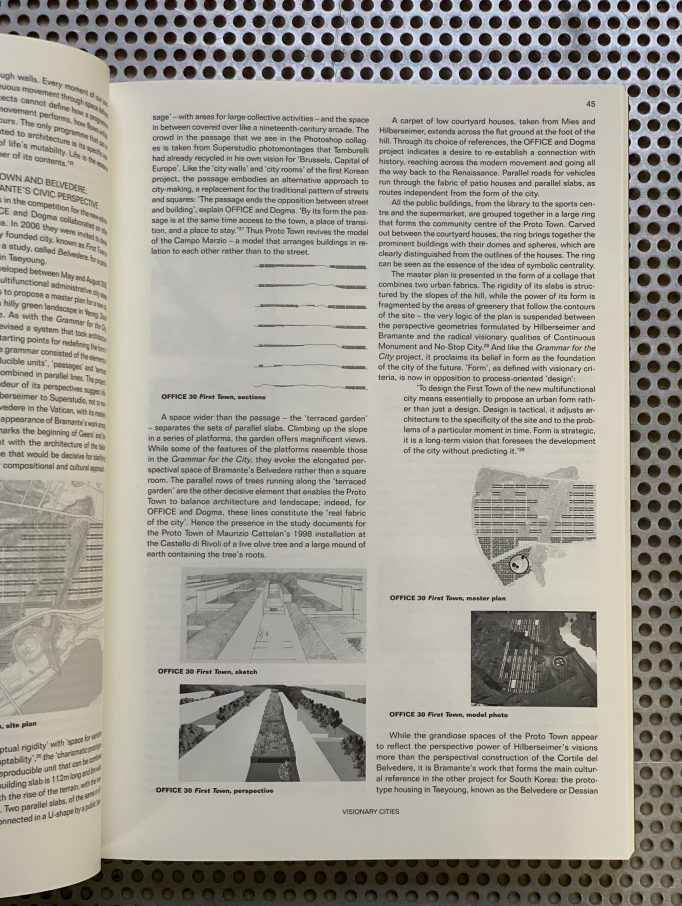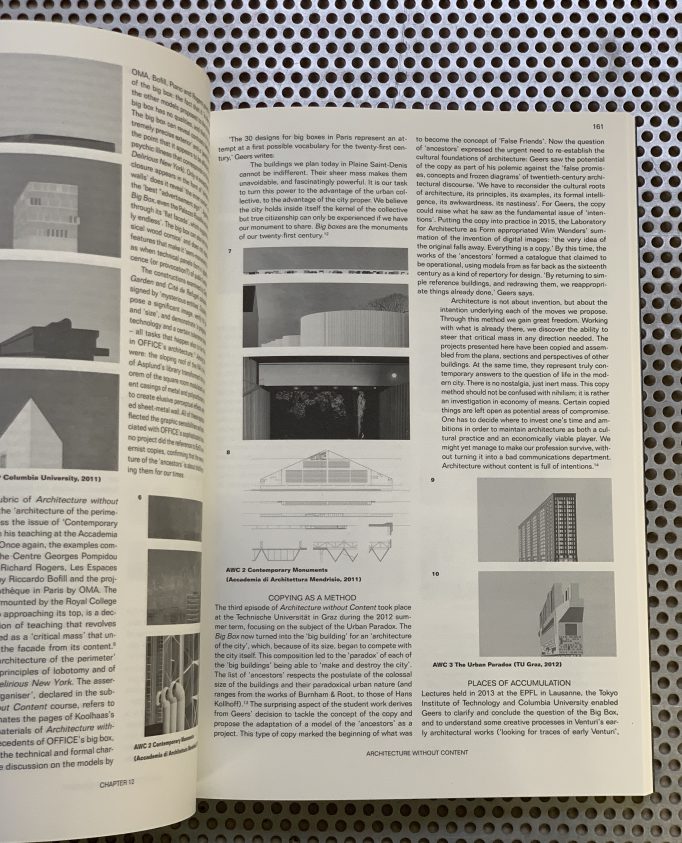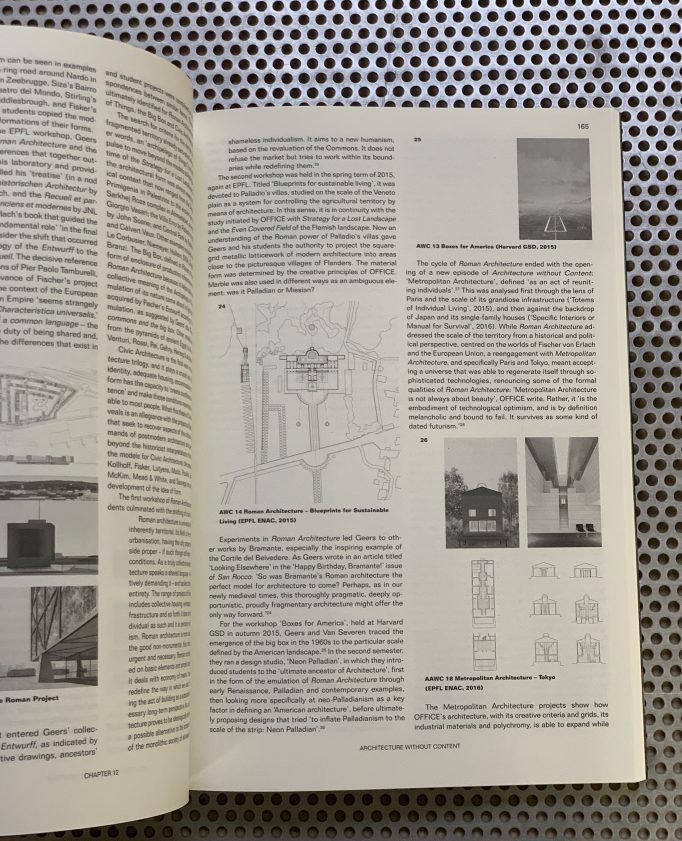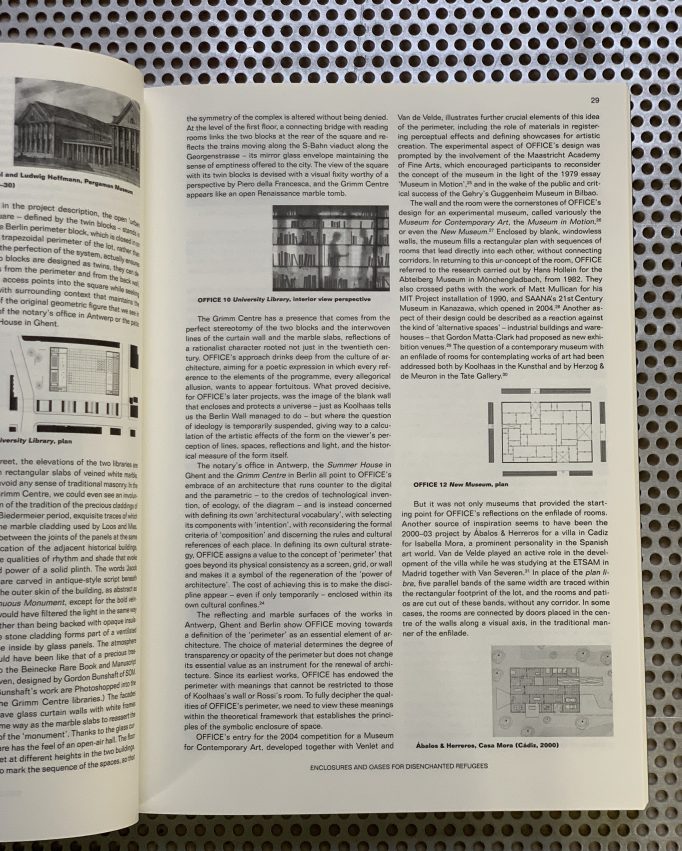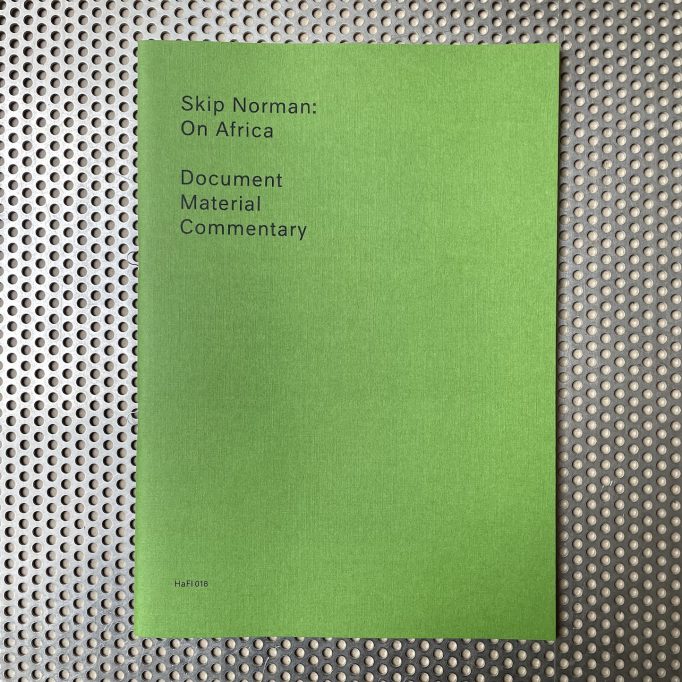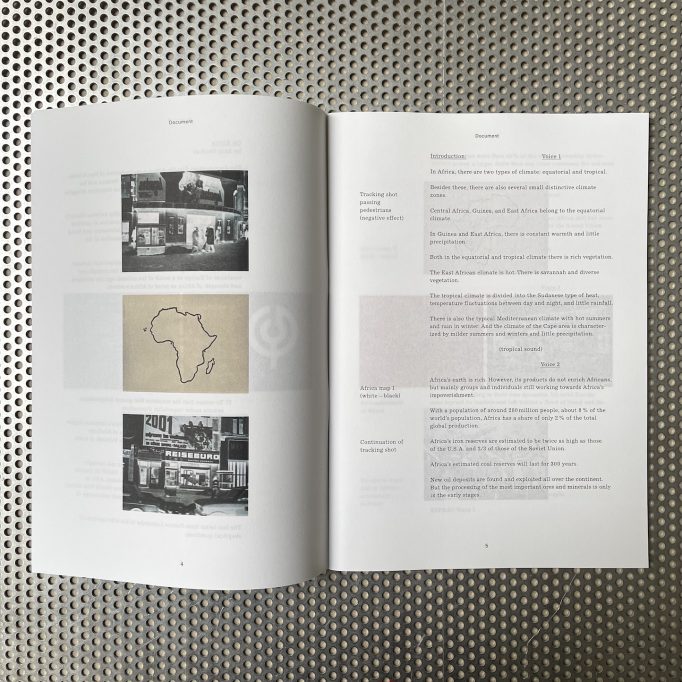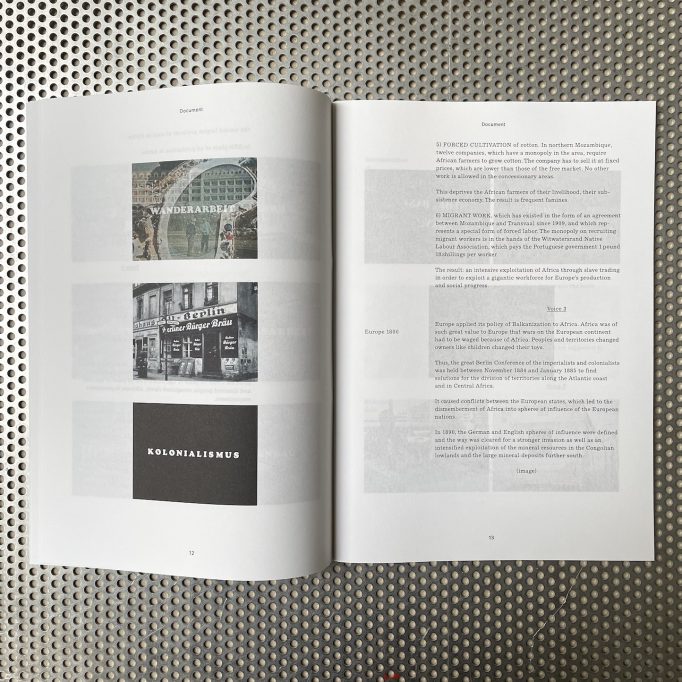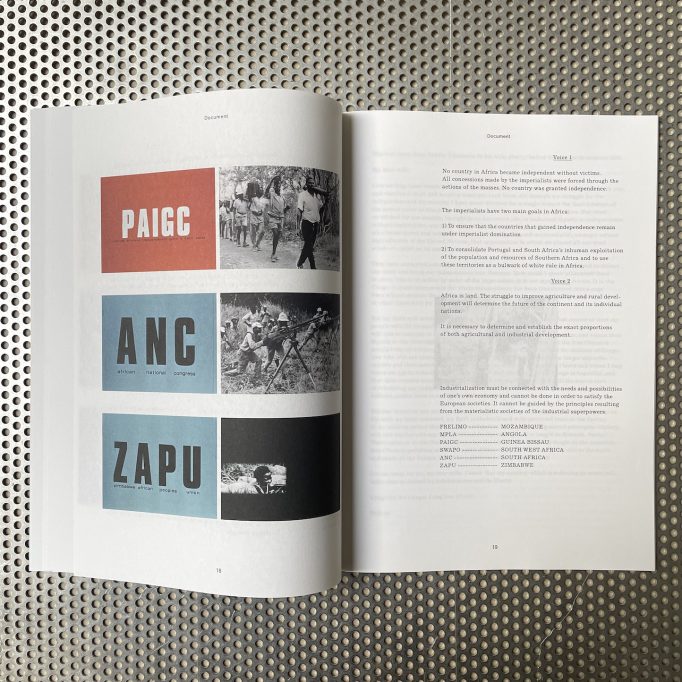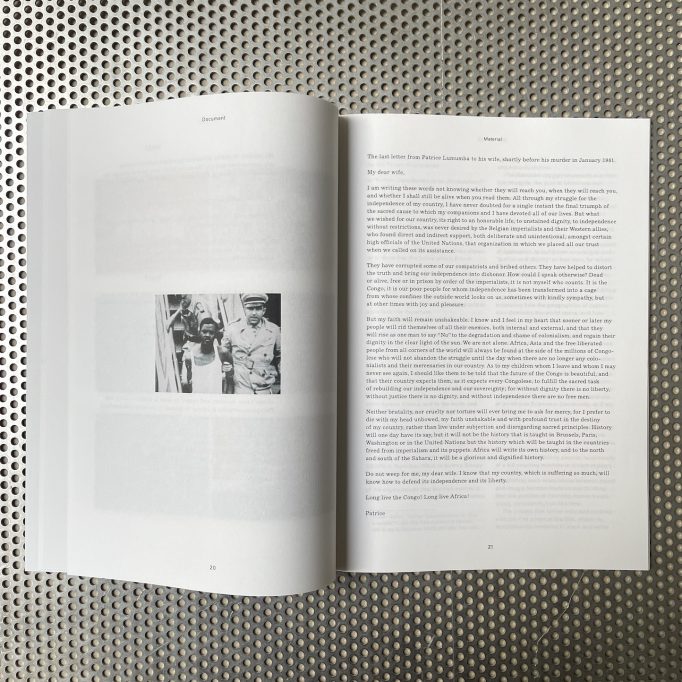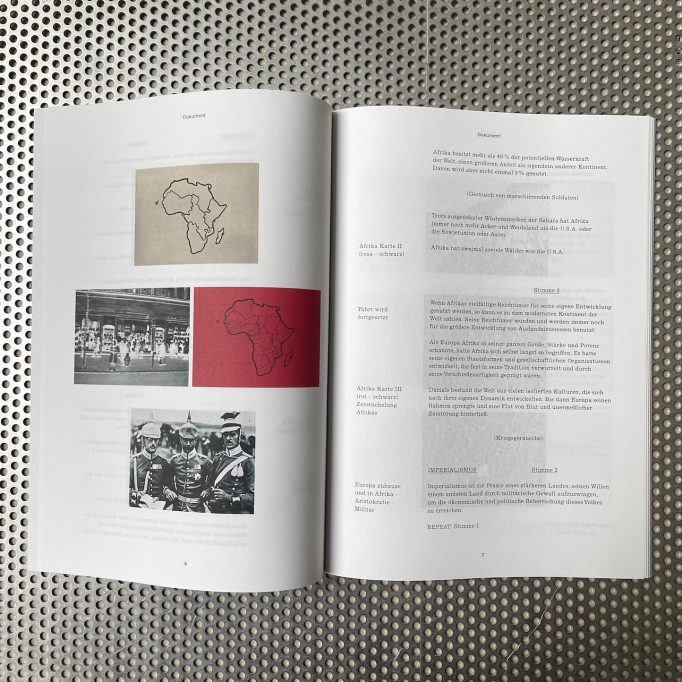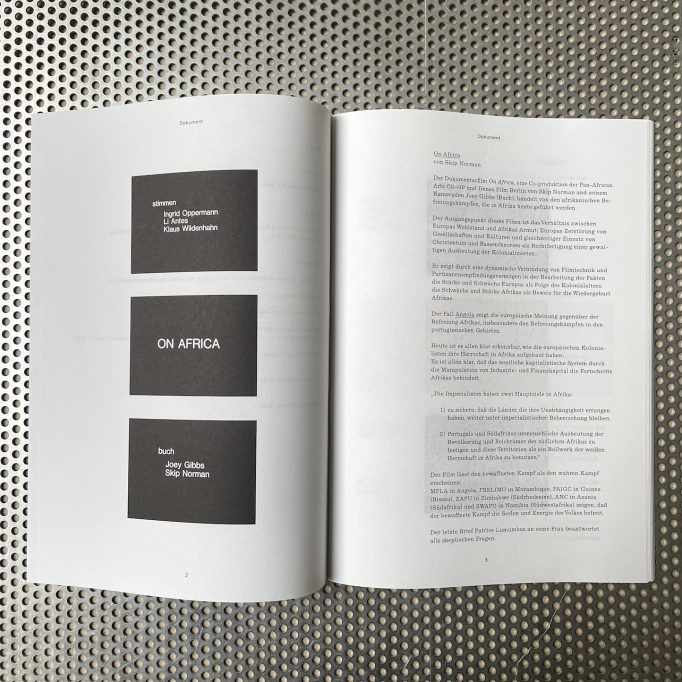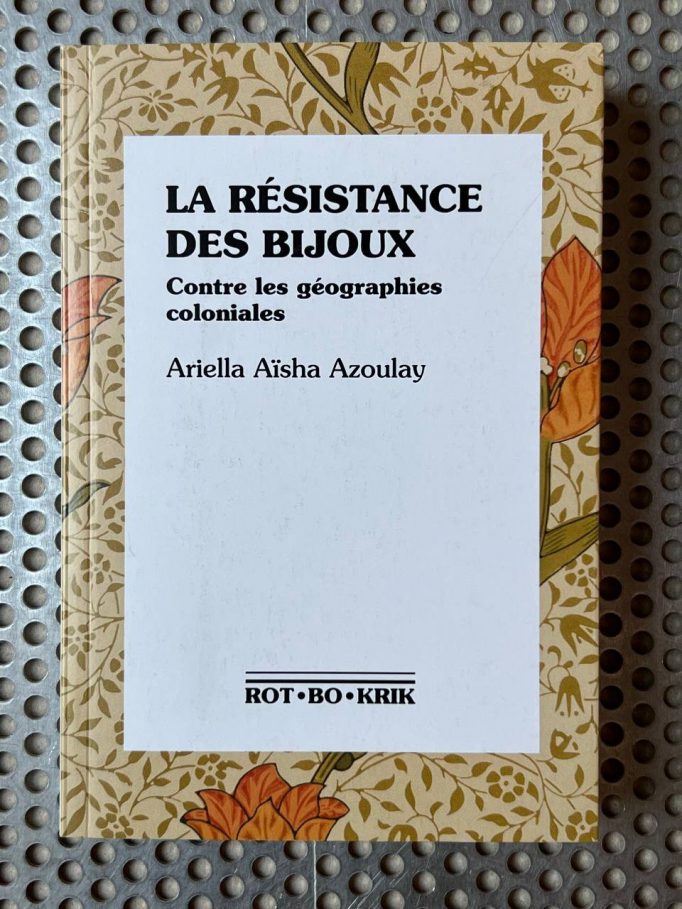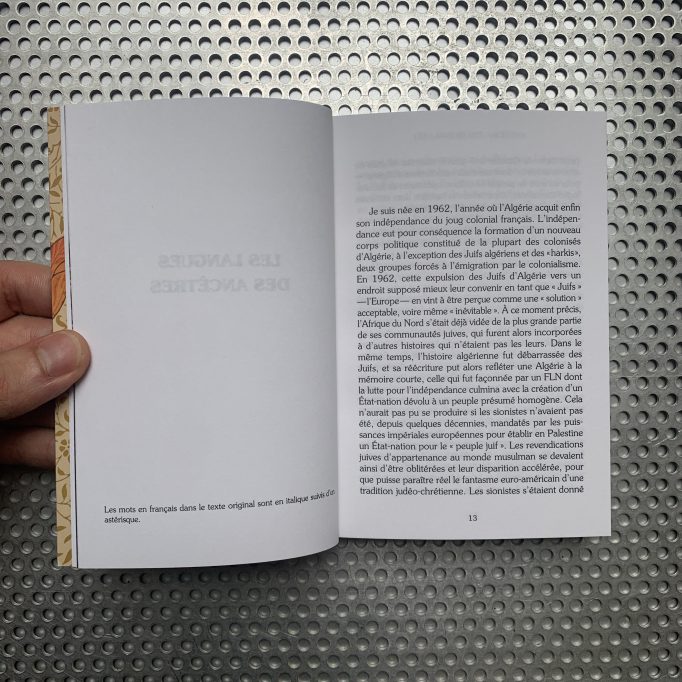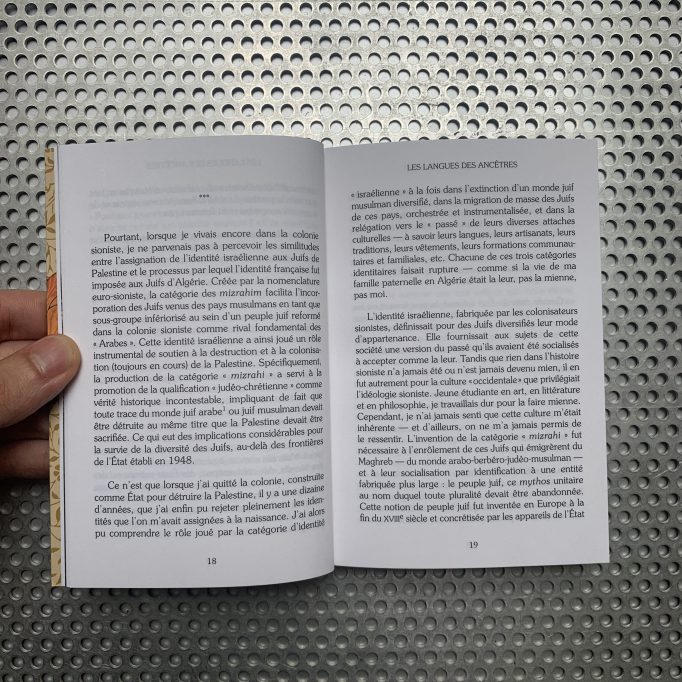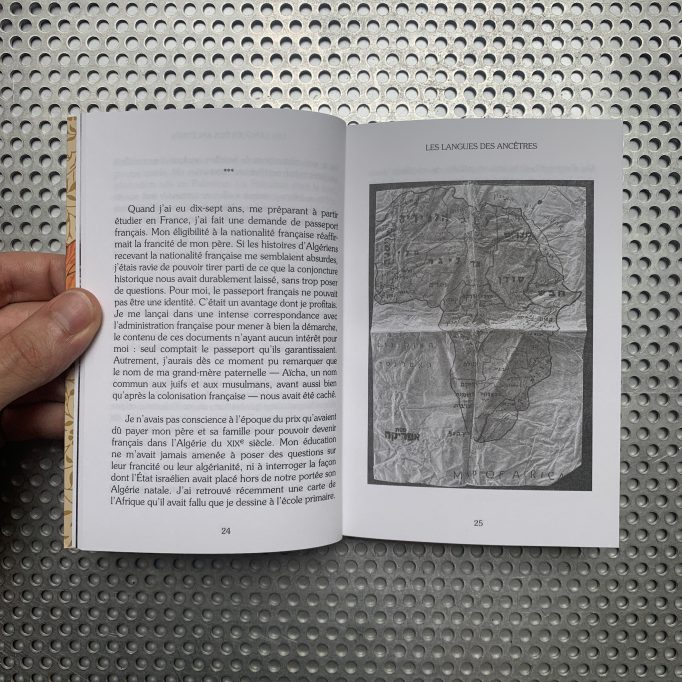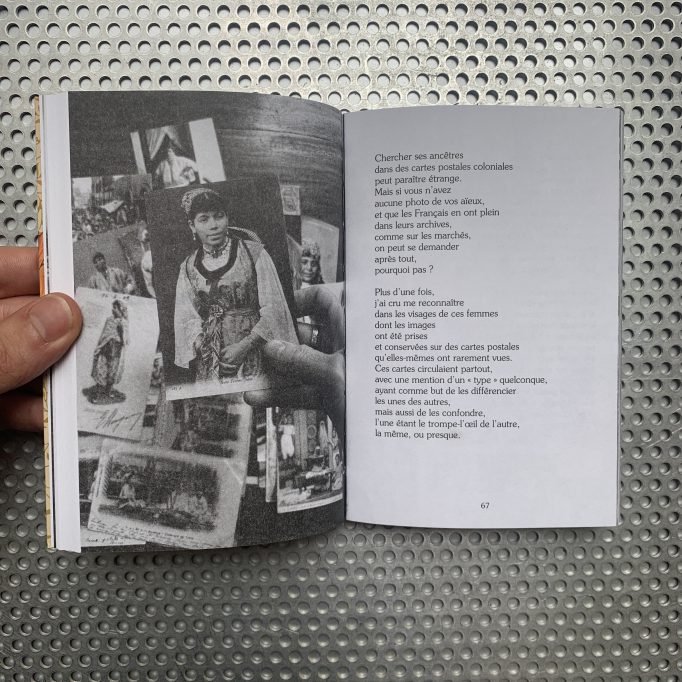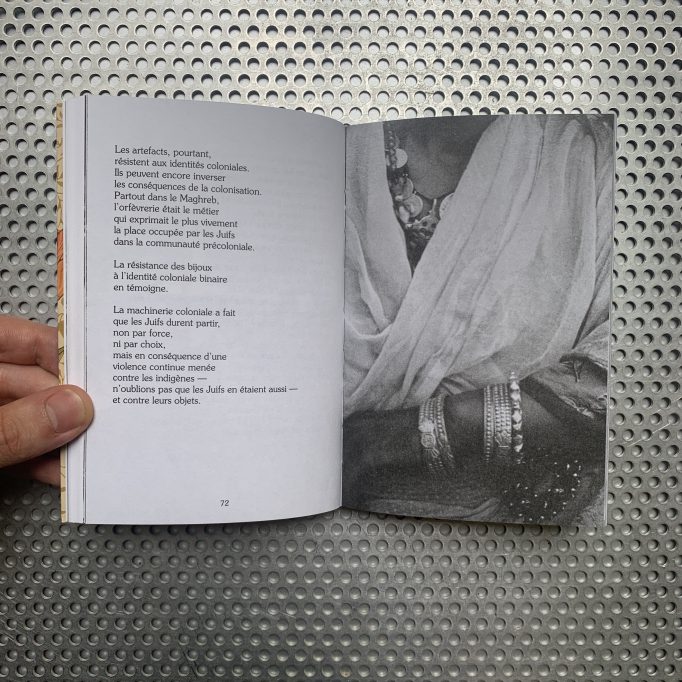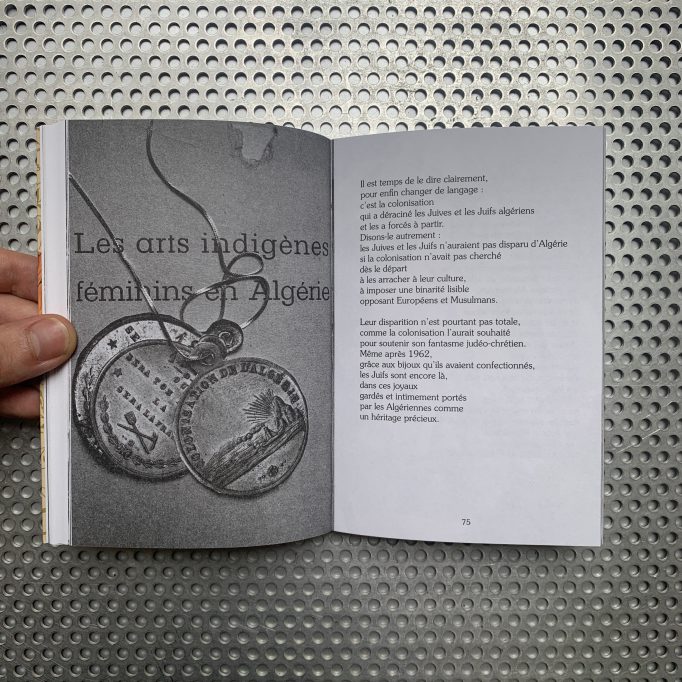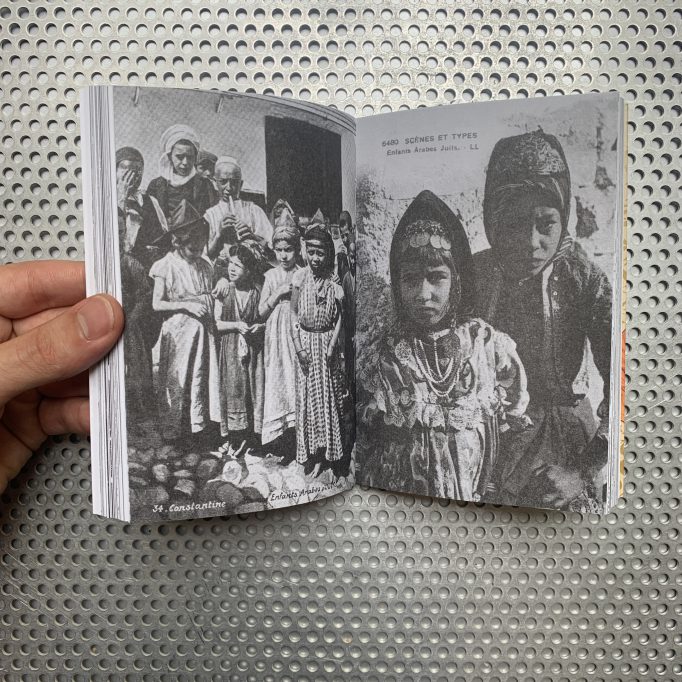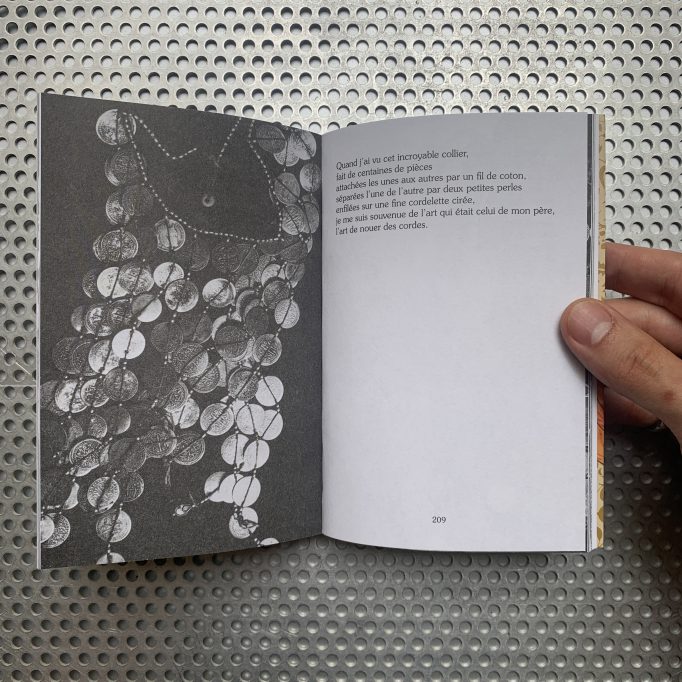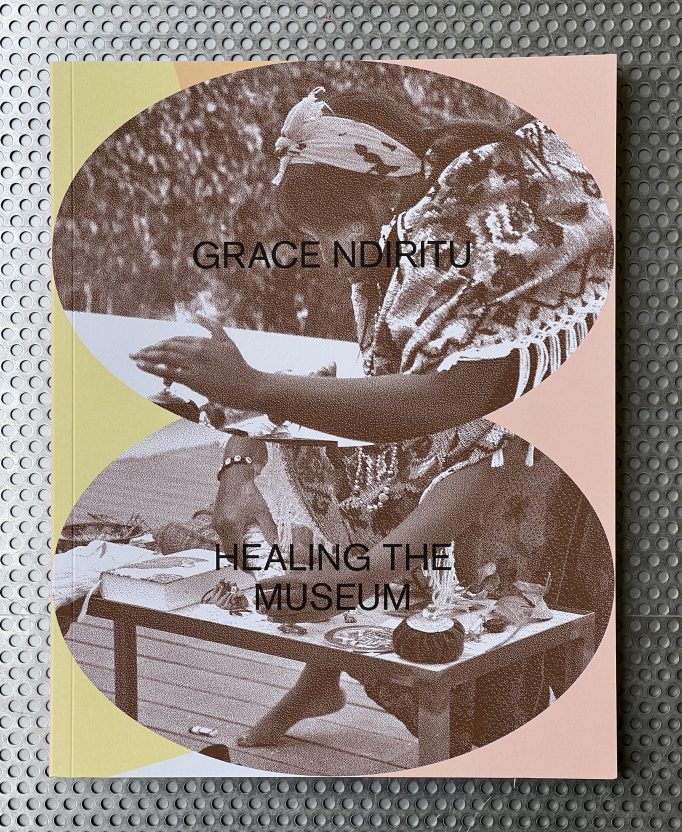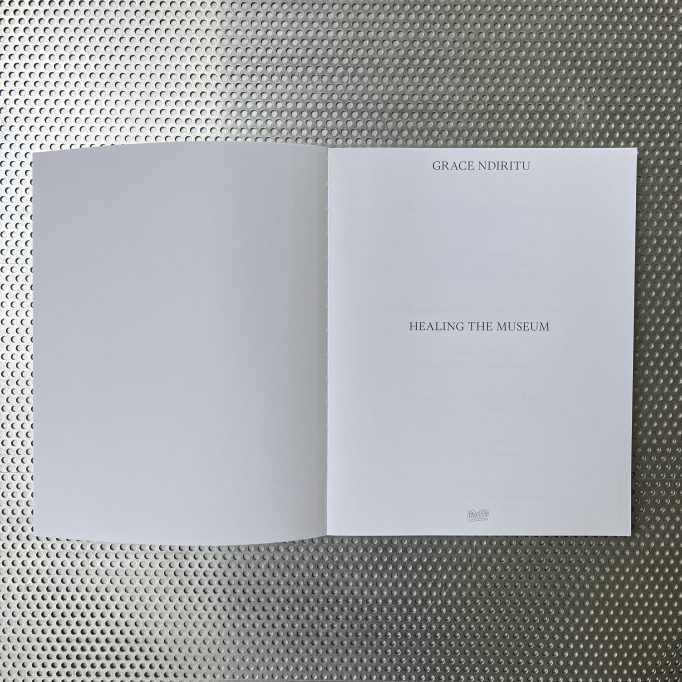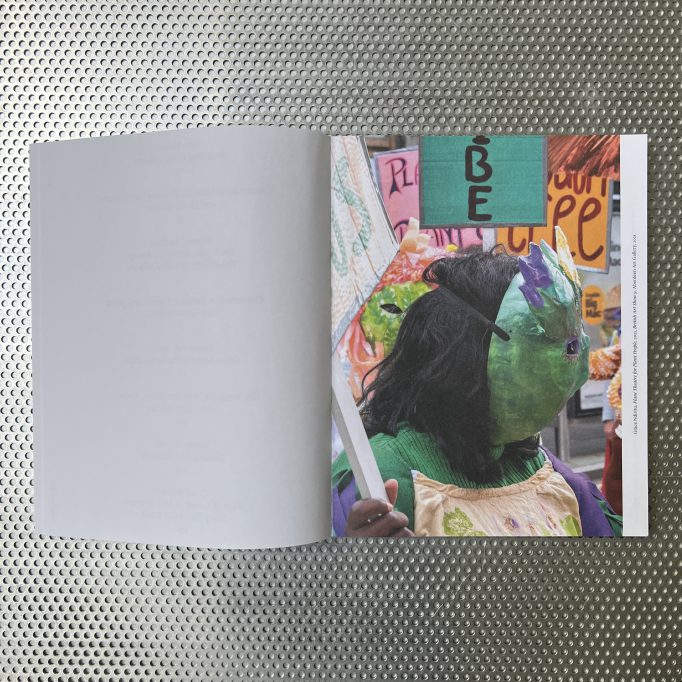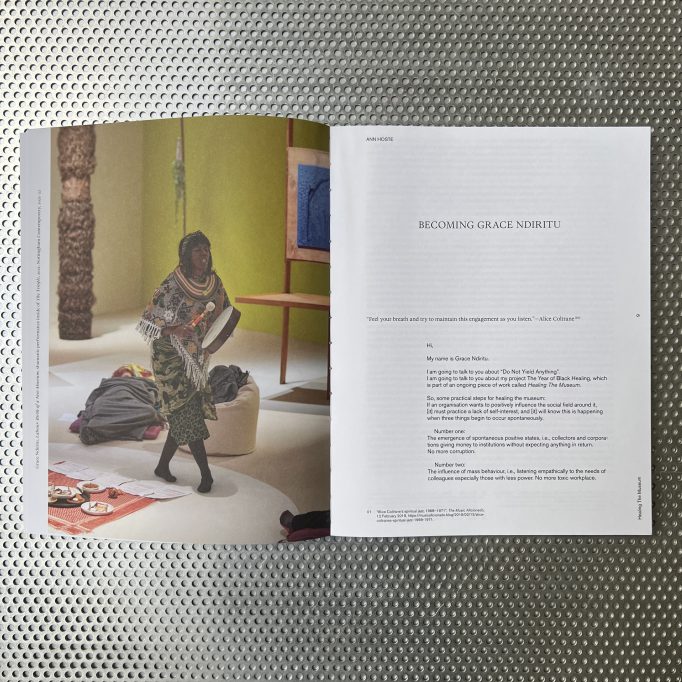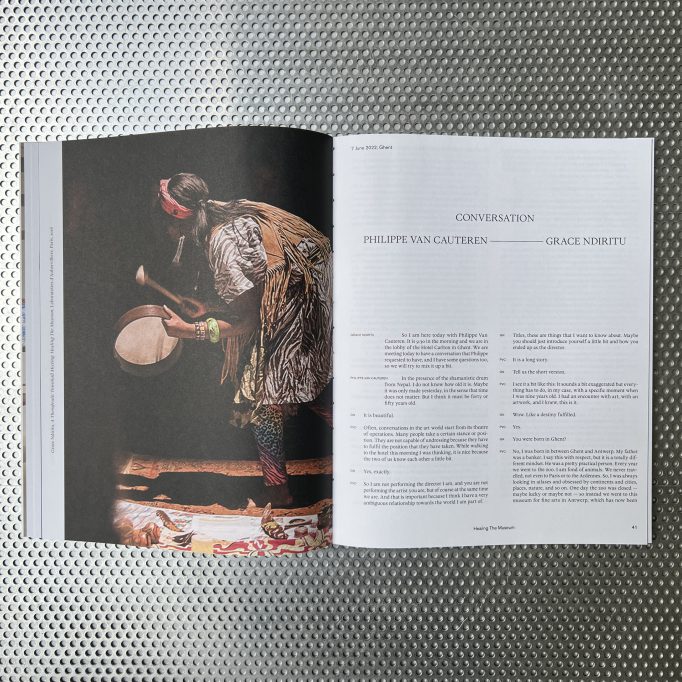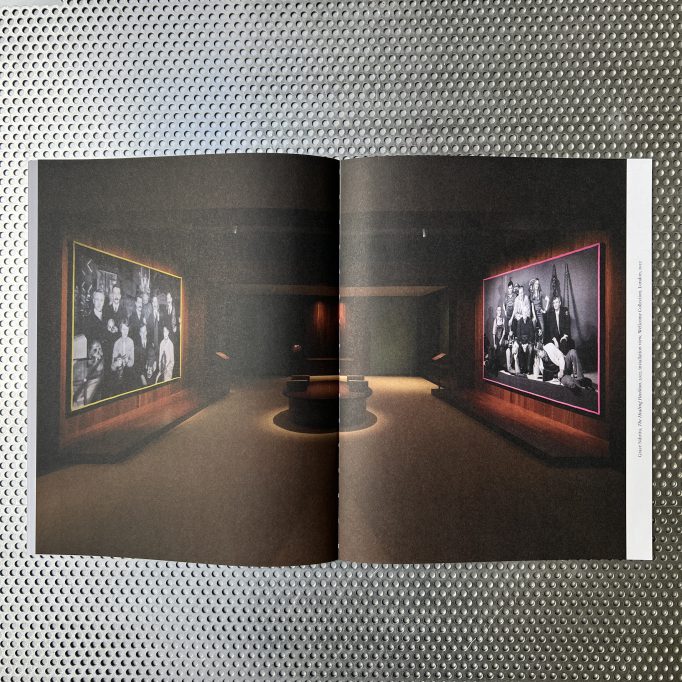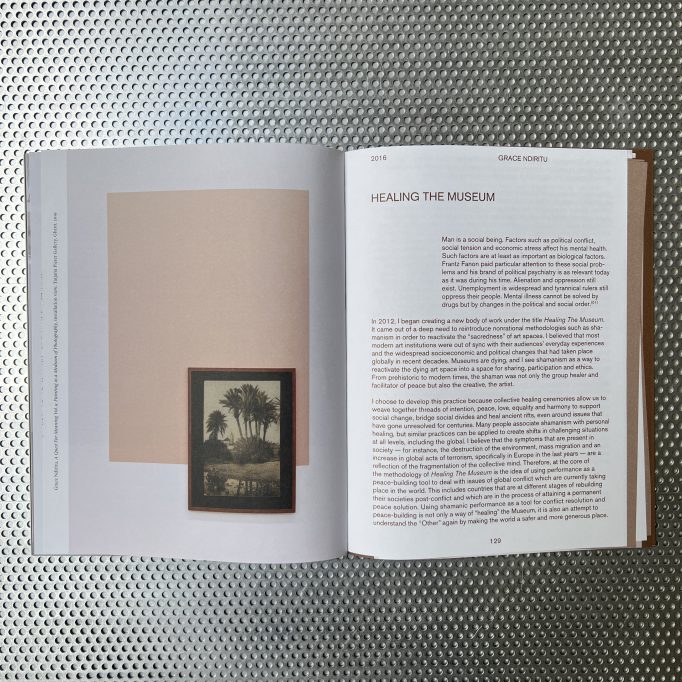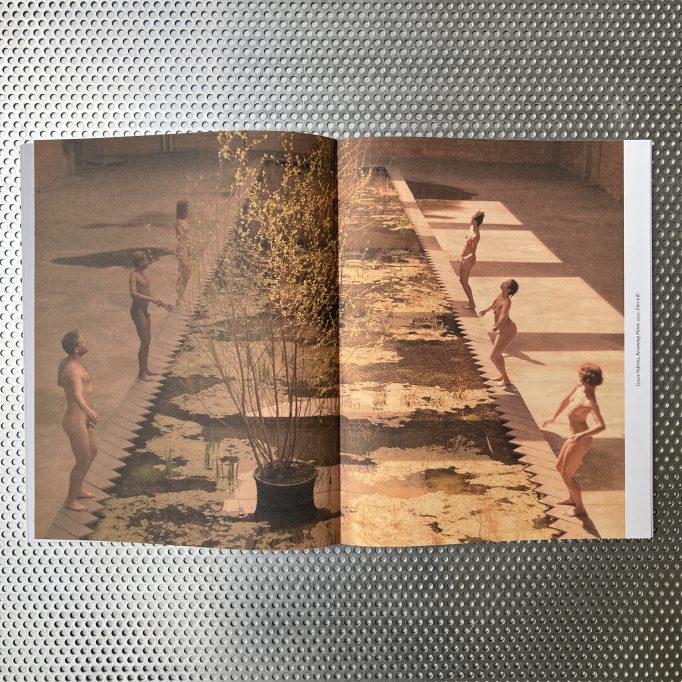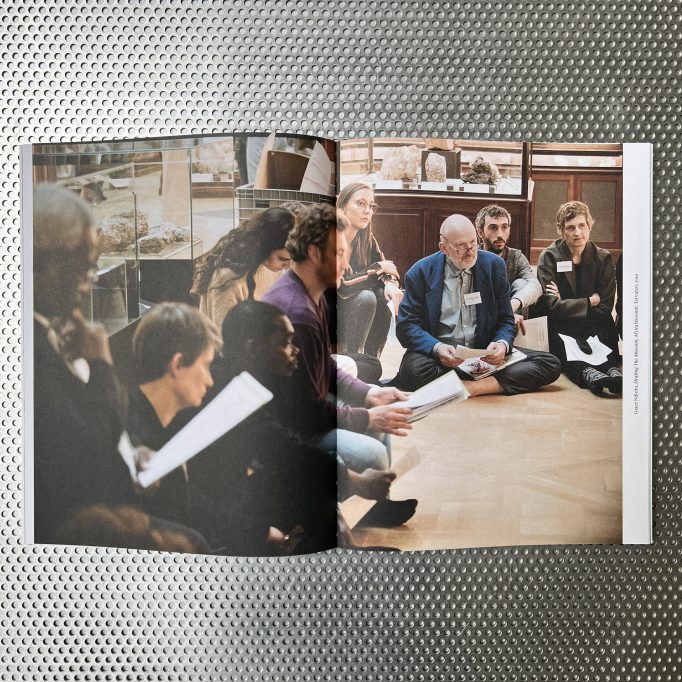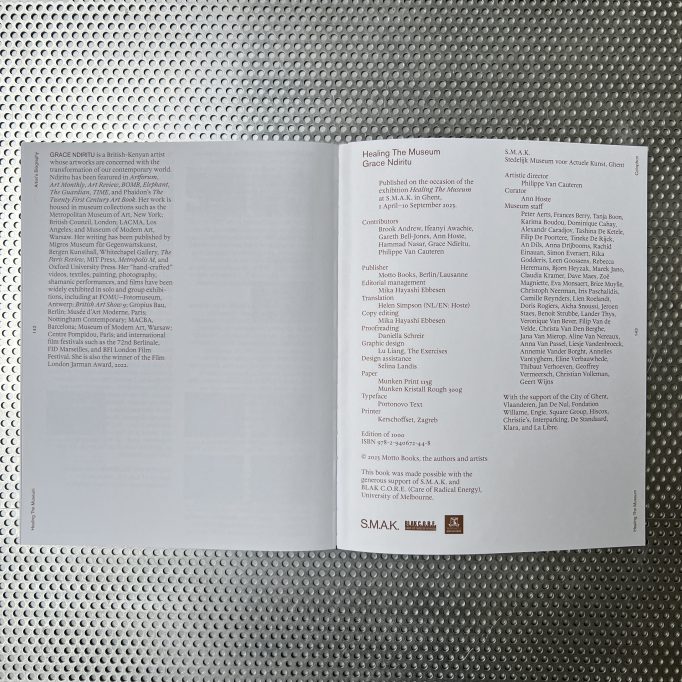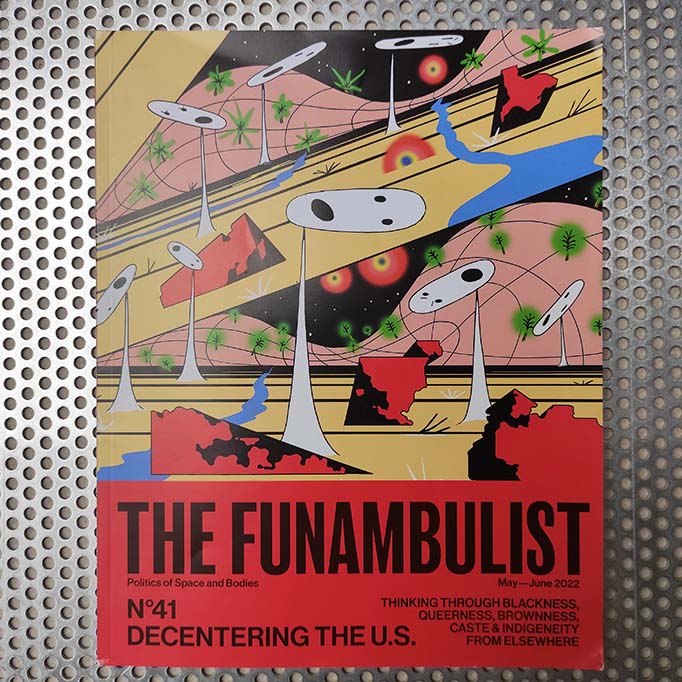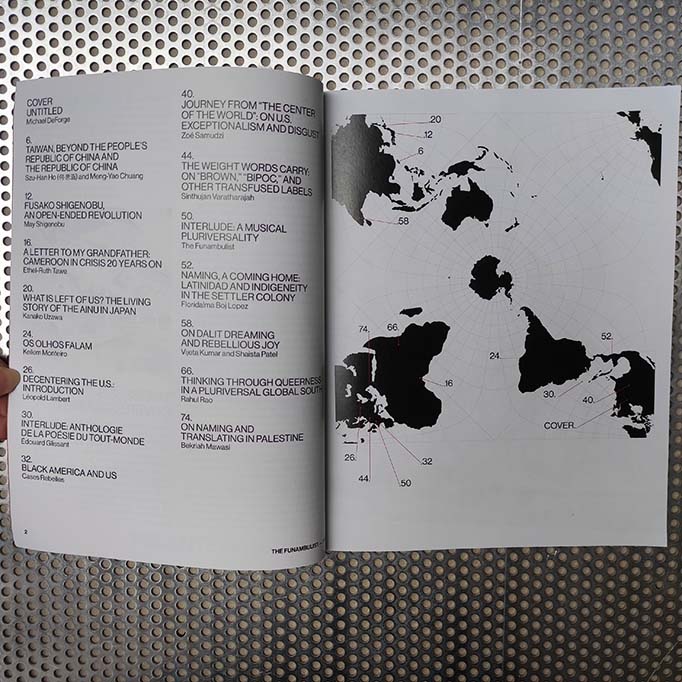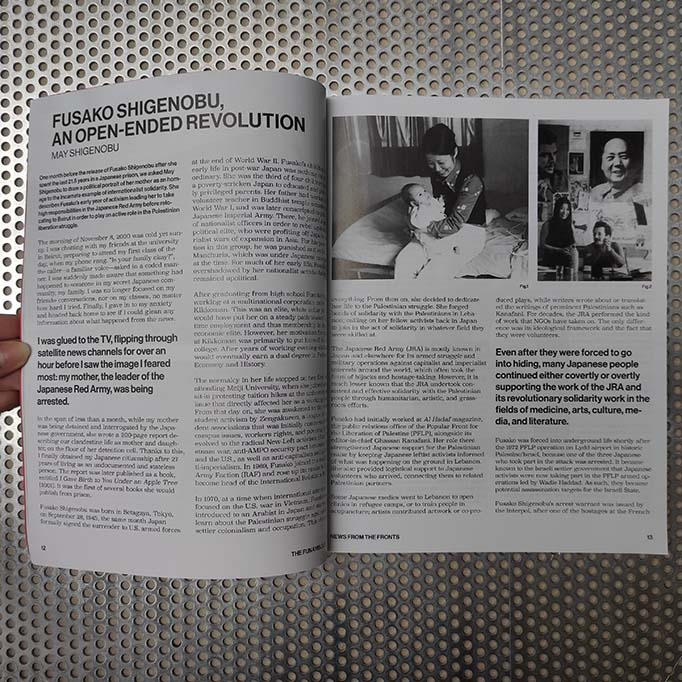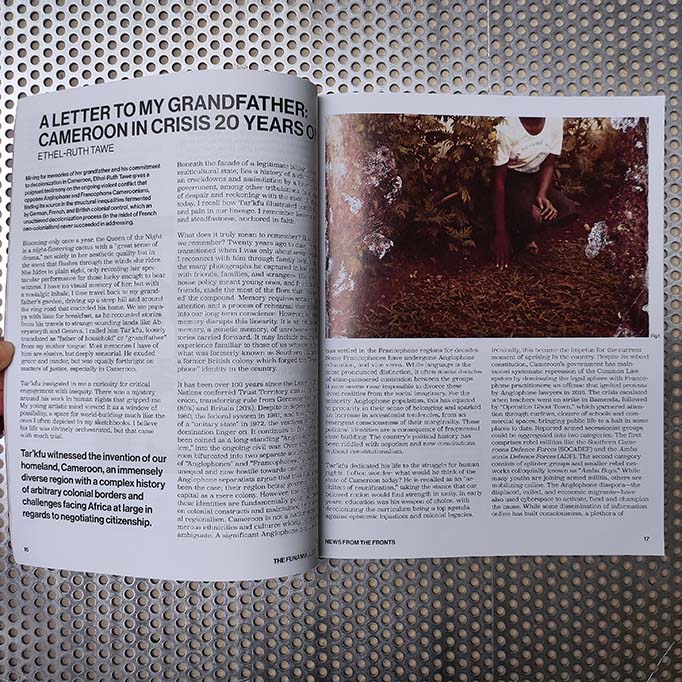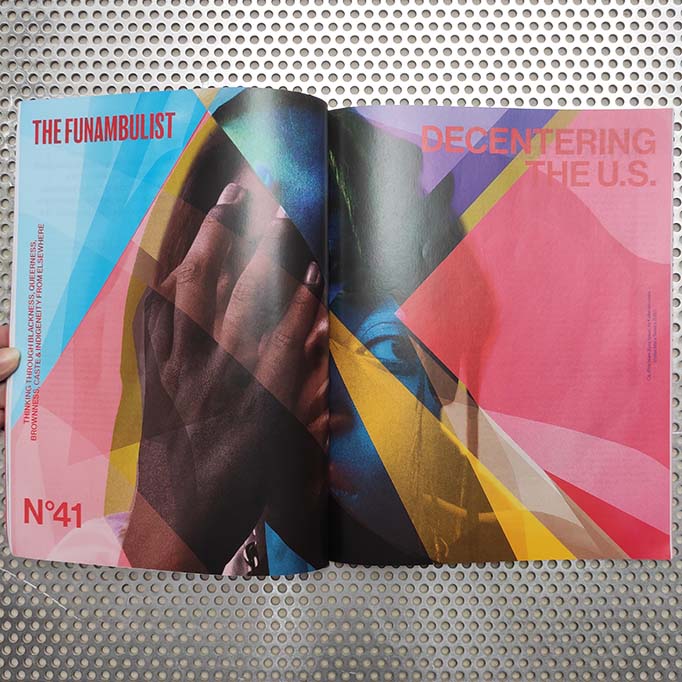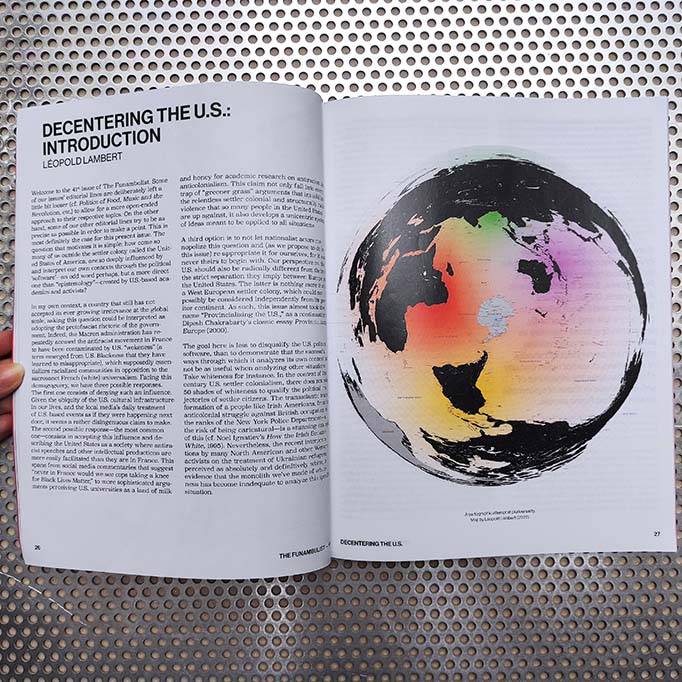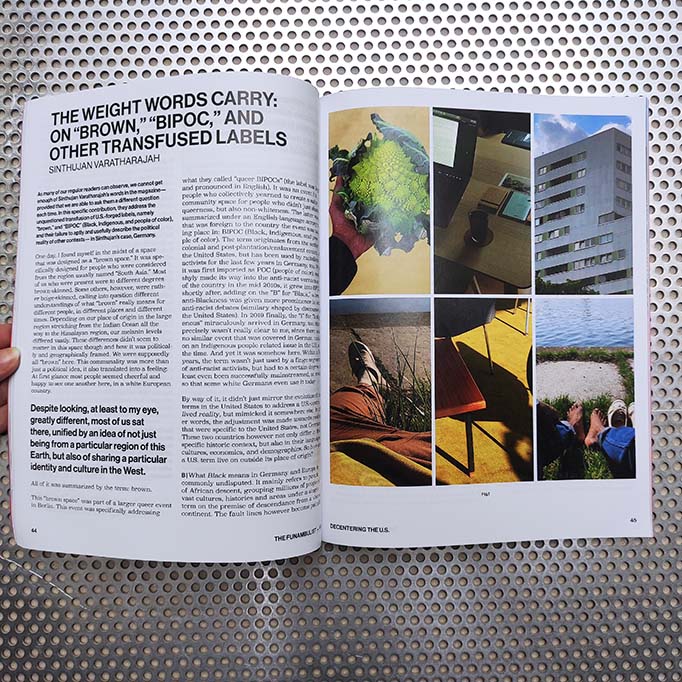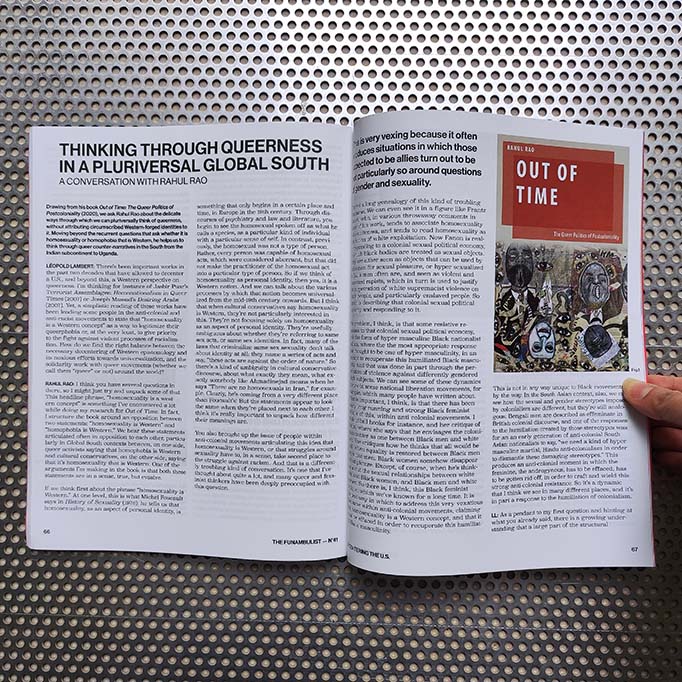(In)dependent Contemporary Art Histories. Various. LTMKS
Posted in writing on December 22nd, 2023Tags: (In)dependent Contemporary Art Histories, art, critique, Eastern Europe, Lithuania, LTMKS, Performance, theory
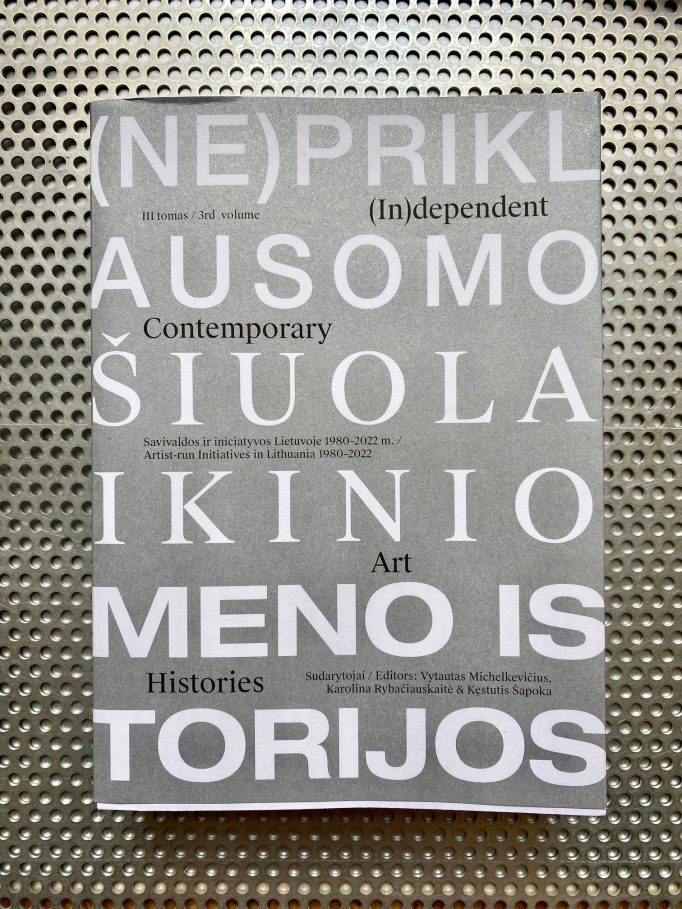
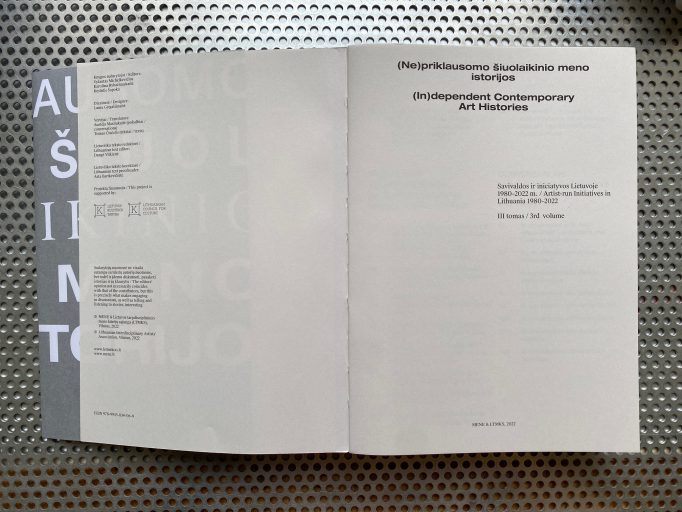
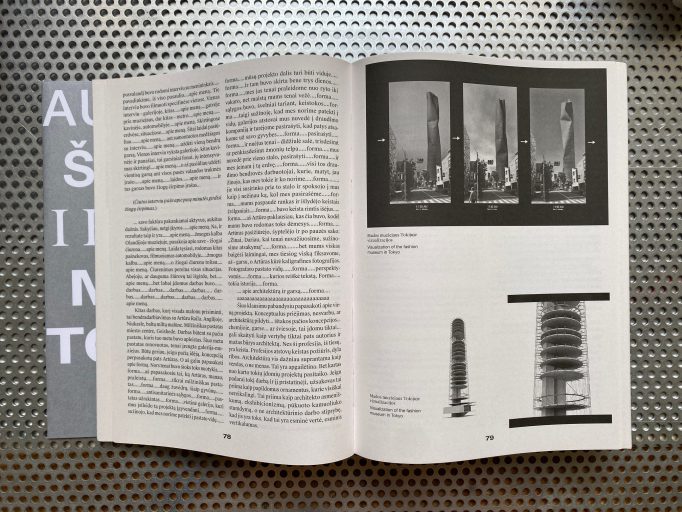
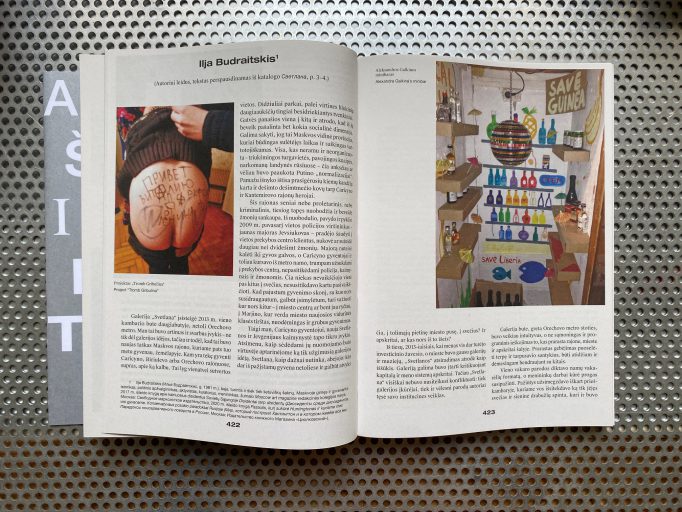
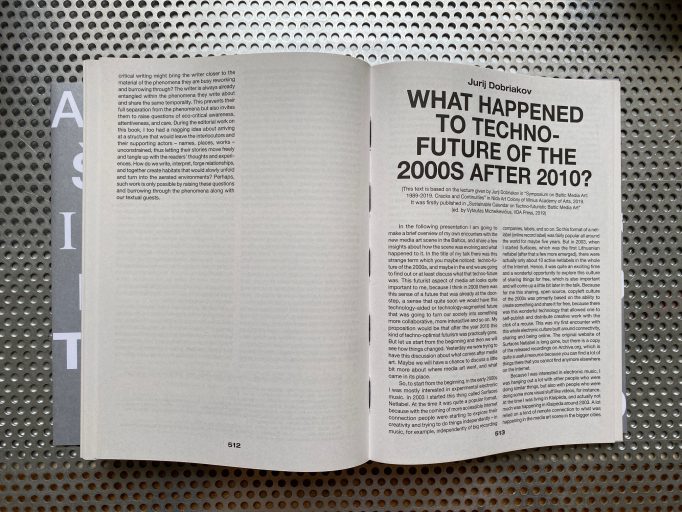
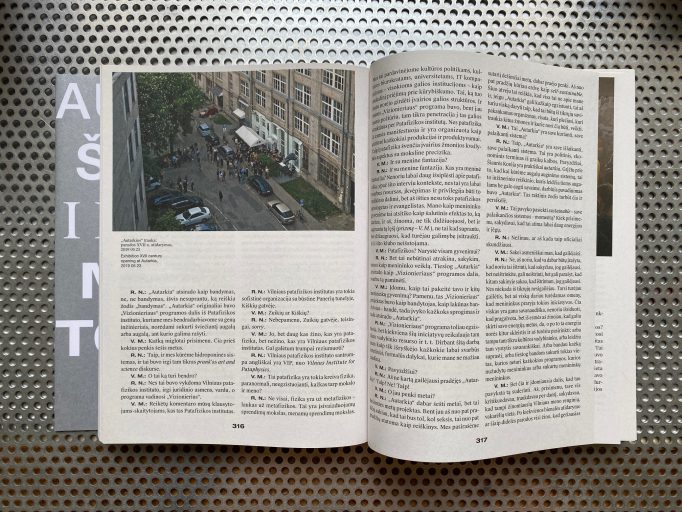
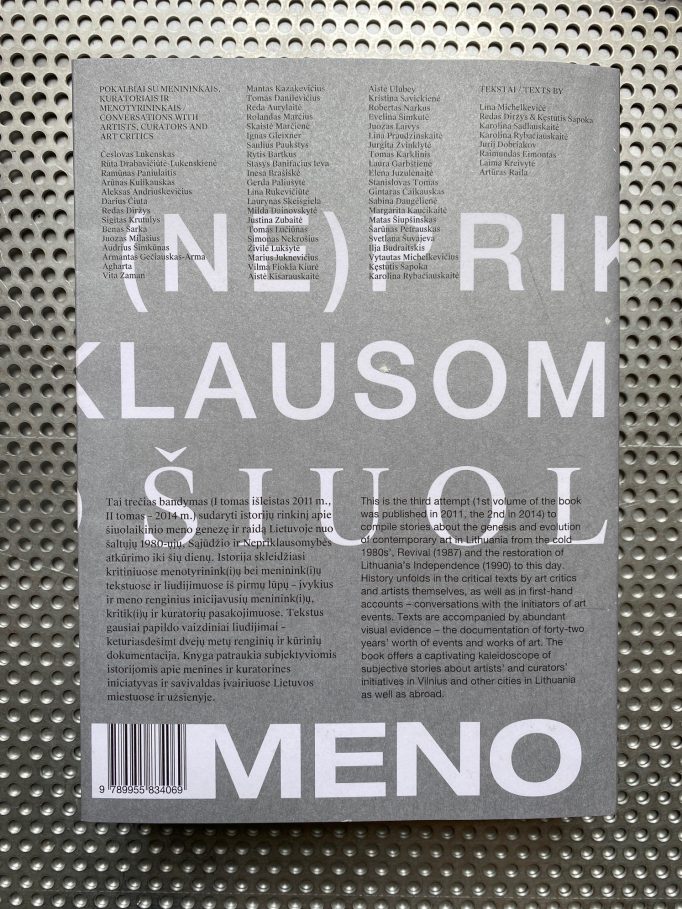
(In)dependent Contemporary Art Histories
Artist-run initiatives in Lithuania
This is the third attempt (1st volume of the book was published in 2011, the 2nd in 2014) to compile stories about the genesis and evolution of contemporary art in Lithuania from the period of cold 1980s, Revival (1987) and the restoration of Lithuania’s Independence (1990) to this day. History unfolds in the critical texts by art critics and artists themselves, as well as in first-hand accounts – conversations with the initiators of art events. Texts are accompanied by abundant visual evidence – the documentation of forty-two years’ worth of events and works of art. The book offers a captivating kaleidoscope of subjective stories about artists’ and curators’ initiatives in Vilnius and other cities in Lithuania as well as abroad.
–
Tai trečias bandymas (I tomas išleistas 2011 m., II tomas – 2014 m.) sudaryti istorijų rinkinį apie šiuolaikinio meno genezę ir raidą Lietuvoje nuo šaltųjų 1980-ųjų, Sąjūdžio ir Nepriklausomybės atkūrimo iki šių dienų. Istorija skleidžiasi kritiniuose menotyrinink(i)ų bei meninink(i)ų tekstuose ir liudijimuose iš pirmų lūpų – įvykius ir meno renginius inicijavusių meninink(i)ų, kritik(i)ų ir kuratorių pasakojimuose. Tekstus gausiai papildo vaizdiniai liudijimai – keturiasdešimt dvejų metų renginių ir kūrinių dokumentacija. Knyga patraukia subjektyviomis istorijomis apie menines ir kuratorines iniciatyvas ir savivaldas įvairiuose Lietuvos miestuose ir užsienyje.
Conversations with artists, curators and art critics /
Pokalbiai su menininkais, kuratoriais ir menotyrininkais
Česlovas Lukenskas, Rūta Drabavičiūtė-Lukenskienė, Ramūnas Paniulaitis, Arūnas Kulikauskas, Aleksas Andriuškevičius, Darius Čiuta, Redas Diržys, Sigitas Krutulys, Benas Šarka, Juozas Milašius, Audrius Šimkūnas, Armantas Gečiauskas-Arma Agharta, Vita Zaman, Mantas Kazakevičius, Tomas Danilevičius, Reda Aurylaitė, Rolandas Marčius, Skaistė Marčienė, Ignas Gleixner, Saulius Paukštys, Rytis Bartkus, Stasys Banifacius Ieva, Inesa Brašiškė, Gerda Paliušytė, Lina Rukevičiūtė, Laurynas Skeisgiela, Milda Dainovskytė, Justina Zubaitė, Tomas Lučiūnas, Simonas Nekrošius, Živilė Lukšytė, Marius Juknevičius, Vilma Fiokla Kiurė, Aistė Kisarauskaitė, Aistė Ulubey, Kristina Savickienė, Robertas Narkus, Evelina Šimkutė, Juozas Laivys, Lina Praudzinskaitė, Jurgita Žvinklytė, Tomas Karklinis, Laura Garbštienė, Elena Juzulėnaitė, Stanislovas Tomas, Gintaras Čaikauskas, Sabina Daugėlienė, Margarita Kaučikaitė, Matas Šiupšinskas, Šarūnas Petrauskas, Svetlana Šuvajeva, Ilja Budraitskis, Vytautas Michelkevičius, Kęstutis Šapoka, Karolina Rybačiauskaitė
Order here


